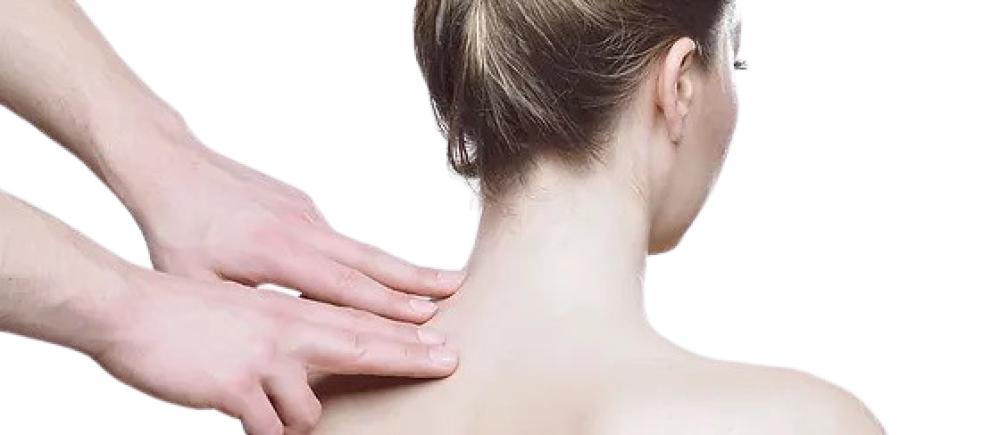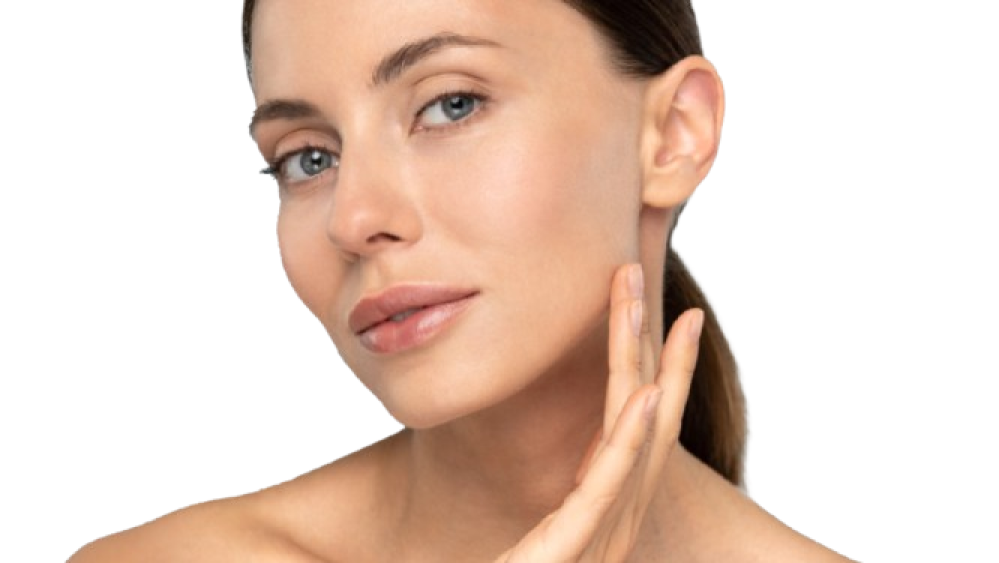Getting enough vitamins is known to provide your body with essential nutrients that you may not be getting from your daily diet. Adding vitamin supplements to your daily routine can help ensure that your diet provides the nutrients you need to stay healthy. The benefits of taking vitamins now extend to helping treat burns and prevent scarring. Although the scientific evidence is still evolving, the potential of vitamin D to reduce scarring and help heal burns looks promising.
What is vitamin D?
Vitamin D is a fat-soluble vitamin found in a few foods, but the body can make it when the skin is exposed to ultraviolet rays from the sun. This vitamin is important for many bodily functions, including bone health and the immune system.
How does vitamin D help?
Vitamin D promotes calcium absorption into the bones, which contributes to a healthy skeleton. Adequate vitamin D intake is especially important in old age to reduce the risk of osteoporosis. In addition, low vitamin D levels are associated with an increased risk of type 1 diabetes, musculoskeletal pain, and high blood pressure.
Vitamin D and Skin Healing
Recent studies show that vitamin D supplements can speed up the healing process of burns and protect the skin from damage caused by burns. Research from the University of Birmingham in the United Kingdom found that patients with higher levels of vitamin D showed better wound healing, fewer complications, and less scarring than those with lower levels. This suggests that vitamin D supplements may be a cost-effective treatment for burn victims.
Vitamin D also boosts levels of antibacterial components, which helps fight infection, speed up the healing process, and improve outcomes for patients with severe burns.
How much vitamin D is enough?
Vitamin D deficiency is common, with up to 42% of adults in the United States having low levels. Adequate exposure to sunlight can help maintain adequate vitamin D levels, but this varies based on location, season, and lifestyle.
The Institute of Medicine recommends the following dietary amounts of vitamin D:
- Infants 0-6 months: 400 IU/day (maximum 1,000 IU/day)
- Infants 6-12 months: 400 IU/day (maximum 1,500 IU/day)
- Children 1-3 years: 600 IU/day (maximum 2,500 IU/day)
- Children 4-8 years: 600 IU/day (maximum 3,000 IU/day)
- Individuals 9-70 years: 600 IU/day (maximum 4,000 IU/day)
- Individuals over 71 years: 800 IU/day (maximum 4,000 IU/day)
Vitamin D levels are often overlooked by doctors in burn victims, despite its significant impact on the healing process. If you are recovering from a burn, consult your doctor about your vitamin D levels to ensure optimal healing.
Conclusion
Vitamin D plays an important role in overall health and may significantly impact burn healing and scarring. Although more research is needed, current evidence suggests that maintaining adequate levels of vitamin D is essential for skin healing. Including vitamin D in your diet or through supplements, especially if you get little sun exposure, can support your body’s healing processes and reduce scarring.



